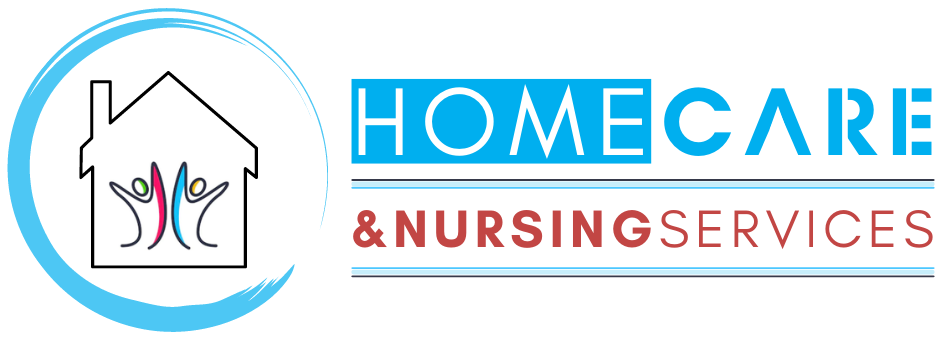Post Hospital Discharge Care
Almost 1 in 5 patients discharged from hospitals are re-admitted within a month
After being discharged from the hospital, individuals will often still need support with activities of daily living, wound care and pain management. Usually, they’ll also need to make frequent trips to the hospital for rehabilitation therapy and follow-up appointments. For some, such as stroke survivors, long-term care may be required.
Making care arrangements for the transition from hospital to home takes time, and a family member often assumes the role of the primary caregiver. Without proper care-giving knowledge, experience and skills, family caregivers may not be able to deliver the best care to their loved one as much as they’d like to. This can compromise the wellbeing of both the caregiver and the care recipient.
For those who live alone, it can be difficult to cope with post-surgery care at home as well.
Personal Care
Assist with the activities of daily living – eating, bathing, getting dressed, toileting, transferring, and continence.
Medical Escort
Accompany and facilitate transport to-and-fro between home and medical appointments.
Nursing Care
Monitor and administer nursing procedures from tube feed and suctioning to injections and wound care.
Respite Care
Take a break to rest and recharge while our Care Pros take on the caregiving duties.
Having proper care support, a suitable home environment and caregivers equipped with the right skills and knowledge play a key role in post-surgery recovery.
Besides educating ourselves on how to care for our loved ones, we can also consider seeking professional care support to ensure our loved ones get the best care and so we can take time off to ourselves and avoid caregiver burnout.
Whether you need short-term respite or long-term care support, there are various care options available that will suit your care needs. Call us to discuss your needs

